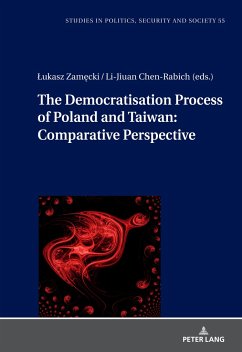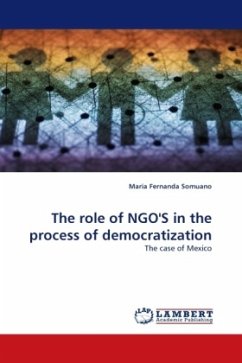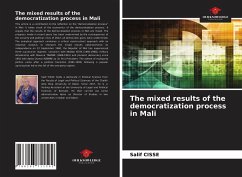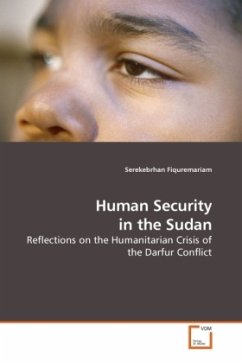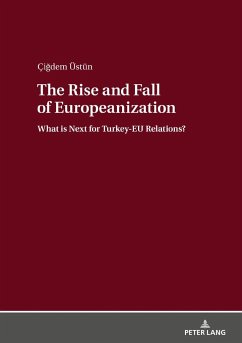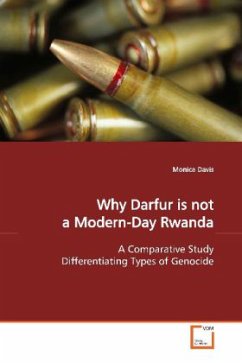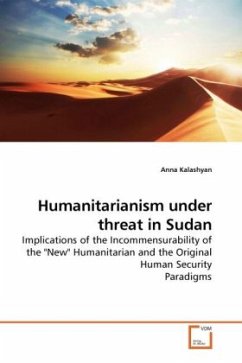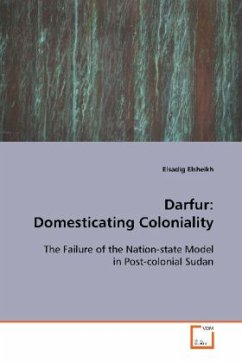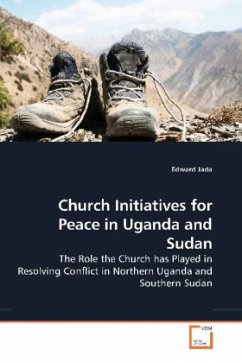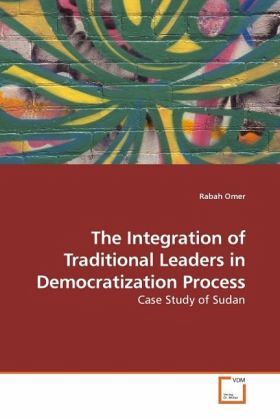
The Integration of Traditional Leaders in Democratization Process
Case Study of Sudan
Versandkostenfrei!
Versandfertig in 6-10 Tagen
45,99 €
inkl. MwSt.

PAYBACK Punkte
23 °P sammeln!
Popular participation is an essential pillar of democracy. In a country plagued with civil wars, lack of development, and crises of governance like Sudan, popular participation at the grass-roots level is critical for a sustainable good governance and development. Sudan has solid social networks which could serve as a potentially solid foundation for political participation and good governance. The traditional leaders are one of the forces in Sudanese society to assume responsibilities of peace-building and to consolidate the national identity. What was the history of traditional leadership in...
Popular participation is an essential pillar of democracy. In a country plagued with civil wars, lack of development, and crises of governance like Sudan, popular participation at the grass-roots level is critical for a sustainable good governance and development. Sudan has solid social networks which could serve as a potentially solid foundation for political participation and good governance. The traditional leaders are one of the forces in Sudanese society to assume responsibilities of peace-building and to consolidate the national identity. What was the history of traditional leadership in Sudan, how it evolved, how it was affected by and affected colonialism and the post-colonial dictatorships and democracies? What was the impact of these dynamics on popular participation, peace, and development? What is the impact of the current global economic activities on the traditional communities in Sudan? How to overcome the legacy of divisiveness and lack of development to achieve stability in Sudan? These are the questions addressed in this text to identify the points of strength in order to project programs for the future of governance in Sudan.



